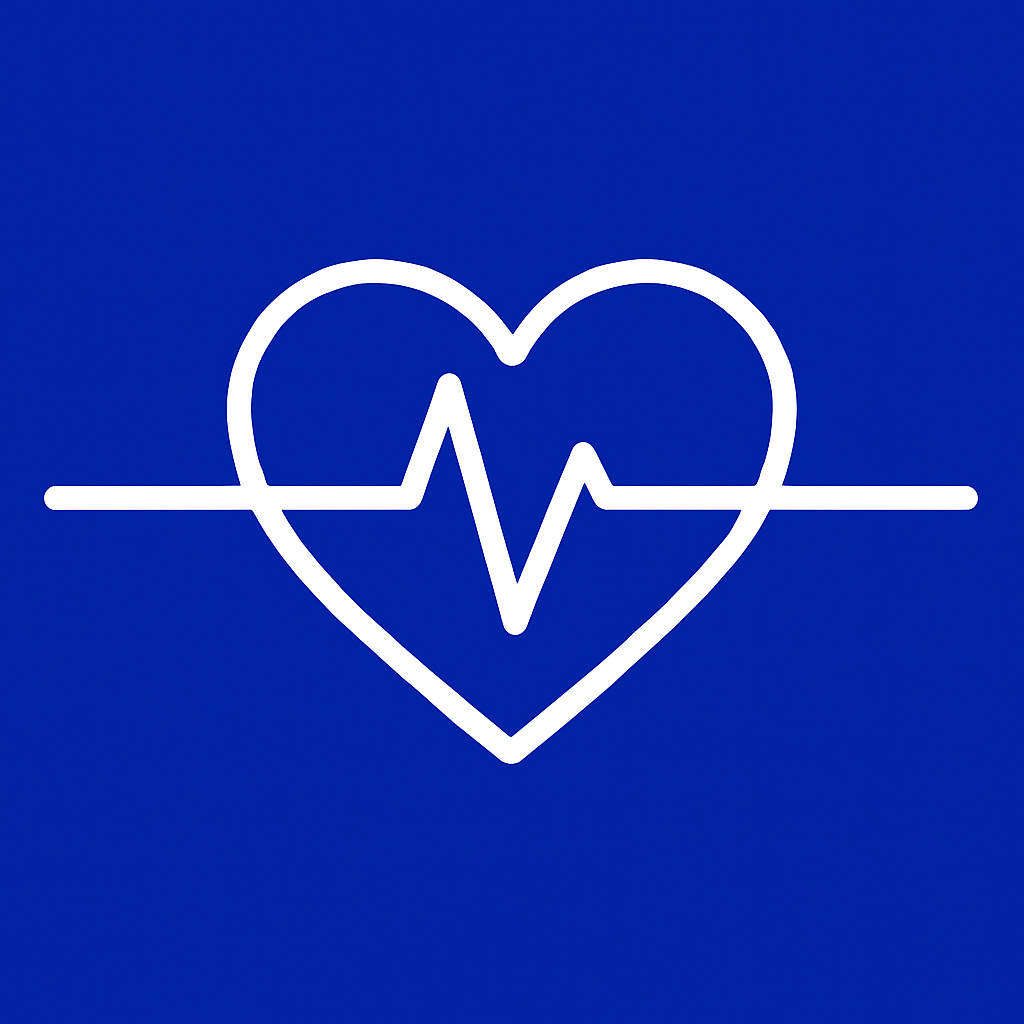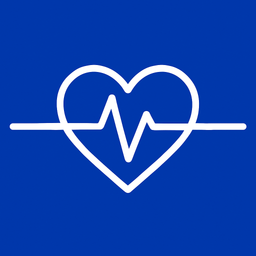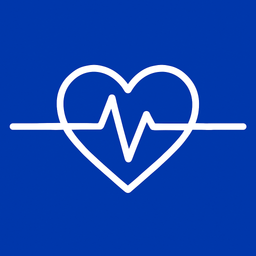Inside EU Health: Critical medicines; EMA campaign on medicine shortages; and the EU’s beating cancer plan assessed
Critical medicines ambition vs revision; EMA launches #ItTakesATeam campaign on medicine shortages; GLP-1 leaders Novo Nordisk and Eli Lilly cut deals with Trump; COVID-19 infection poses a greater risk of vascular disorders in children than vaccination; and, Europe’s beating cancer plan assessed
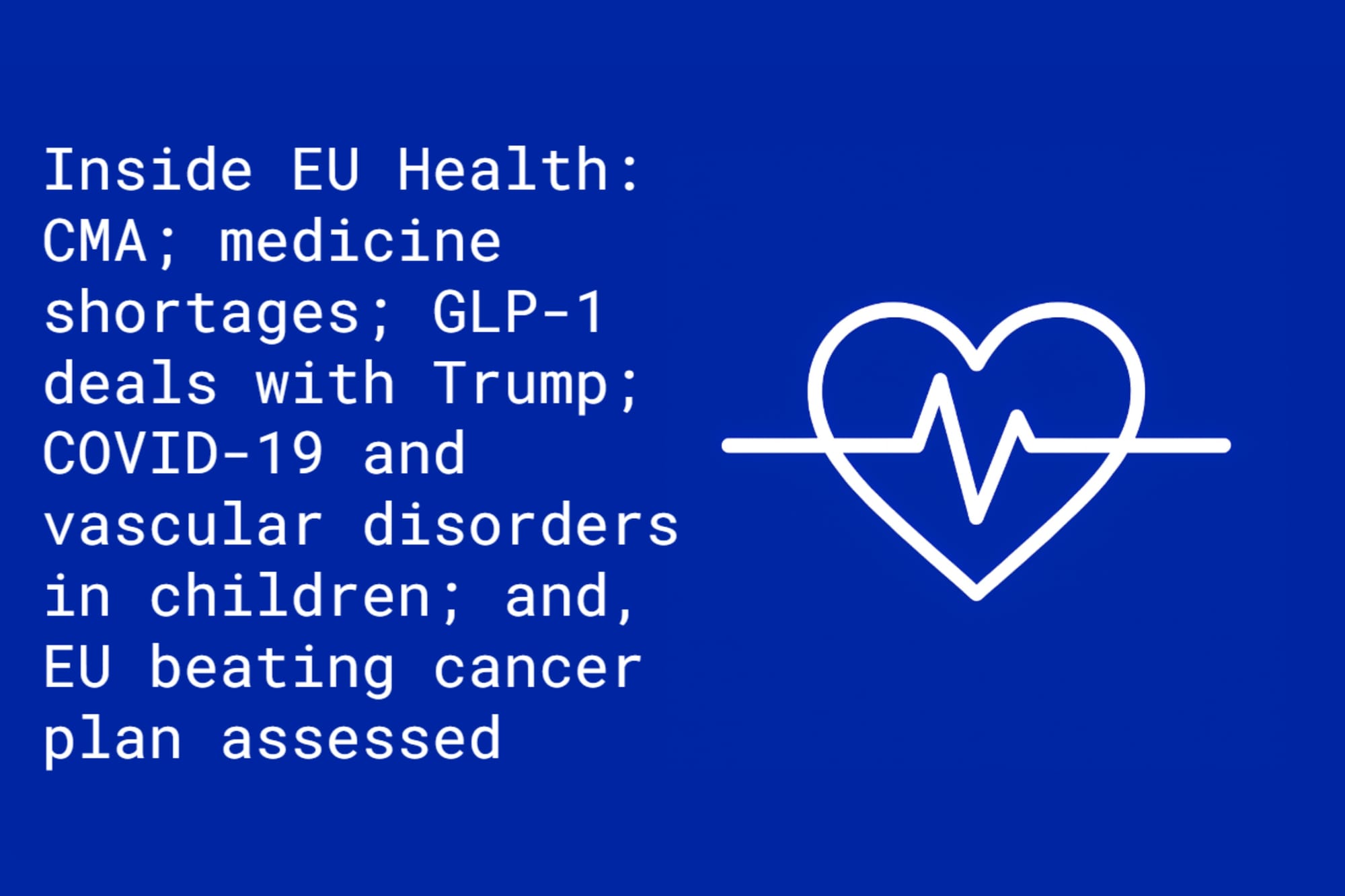
Critical medicines ambition vs revision
The Parliament’s Public Health Committee submitted some 1,313 amendments, with additional input from the environment, research and industry, and internal-market committees to the report on the Critical Medicines Act (CMA) drafted by Tomislav Sokol MEP (EPP, Croatia).
Meanwhile, the Council is pushing back: many formerly binding obligations would instead become discretionary, thresholds for joint procurement would be raised (for example from six to nine member states), and stockpile obligations softened from “shall not compromise other countries’ supplies” to a more vague “shall aim at avoiding negative impact”.
Why this matters: The pandemic exposed how brittle supply chains and joint procurement can be; the CMA represents one of the EU’s key efforts to build resilience for critical medicines and to reduce reliance on external manufacturing. But the shift from mandatory to optional, and from centralised to national discretion, risks weakening Europe’s ability to act collectively in a crisis. The clash between ambition and revision will shape whether the CMA becomes a robust tool for health security.
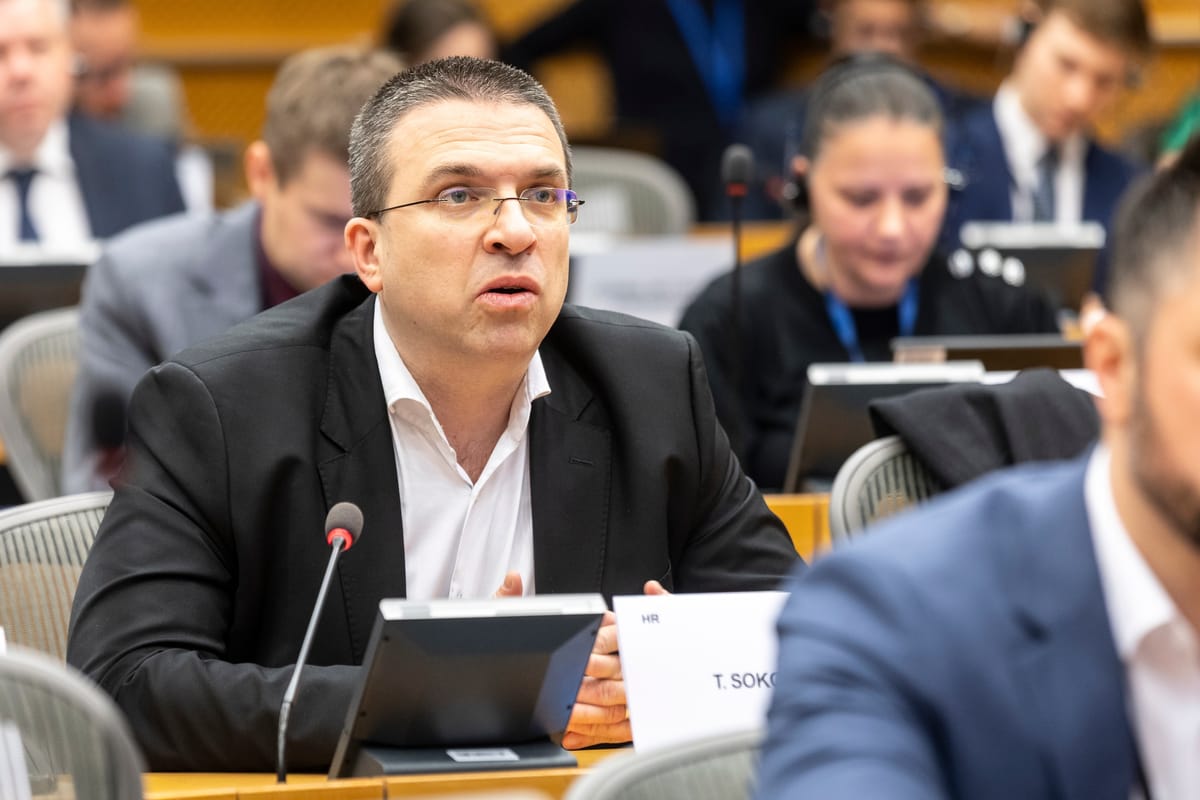
EMA launches #ItTakesATeam campaign on medicine shortages
The European Medicines Agency (EMA), in collaboration with healthcare professionals and consumer organisations, has launched #ItTakesATeam, a campaign highlighting the collective effort across Europe to prevent and manage medicine shortages.
“When patients can’t get a medicine, their first reaction is distress,” said Jorge Batista of PGEU. “But they are never alone—there’s a whole team working to find solutions.”
Through videos, stories, and social media, #ItTakesATeam shows how healthcare professionals and regulators work together to keep medicines available.
“The campaign aims to showcase the co-ordinated system that is needed at EU level to address shortages, but it also represents a step forward in how we engage with healthcare professionals and patients,” said EMA Executive Director Emer Cooke.
GLP-1 leaders Novo Nordisk and Eli Lilly cut deals with Trump
As anticipated, Novo has announced it will lower drug prices starting in 2026 and expand patient access to its semaglutide medications, Wegovy and Ozempic. The details remain to be finalized, and Novo expects that the price cuts will have a “negative single-digit impact” on sales growth. Novo’s announcement is more low-key and may reflect the fact that they already substantially cut their prices earlier in the year.
Lily’s press release is more exuberant; like other agreements, it promises to invest more than $50 billion in US manufacturing to boost domestic production. From 1 April, Medicare beneficiaries will pay no more than $50 per month for Zepbound (tirzepatide), in a multi-dose pen, and for orforglipron, a once-daily obesity pill. Neither is yet approved, but will benefit from an accelerated approval by the FDA under the National Priority Voucher scheme.
COVID-19 infection poses a greater risk of vascular disorders in children than vaccination
The Lancet has published a whole-population study encompassing 98% of the English population, providing a comprehensive comparison of risks following both first COVID-19 infection and first vaccination in children and young people. The analysis revealed that while the short-term risk of myocarditis was slightly elevated after vaccination, COVID-19 infection was associated with rarer but more frequent and longer-lasting adverse outcomes.
These findings confirm that the small and temporary risks associated with vaccination are outweighed by the clear benefits of preventing severe disease, hospitalization, and systemic inflammation. The evidence confirms that mRNA vaccination played a crucial role in protecting children and adolescents - a fact that warrants emphasis given that some still dispute the legacy of vaccination for chidlren.
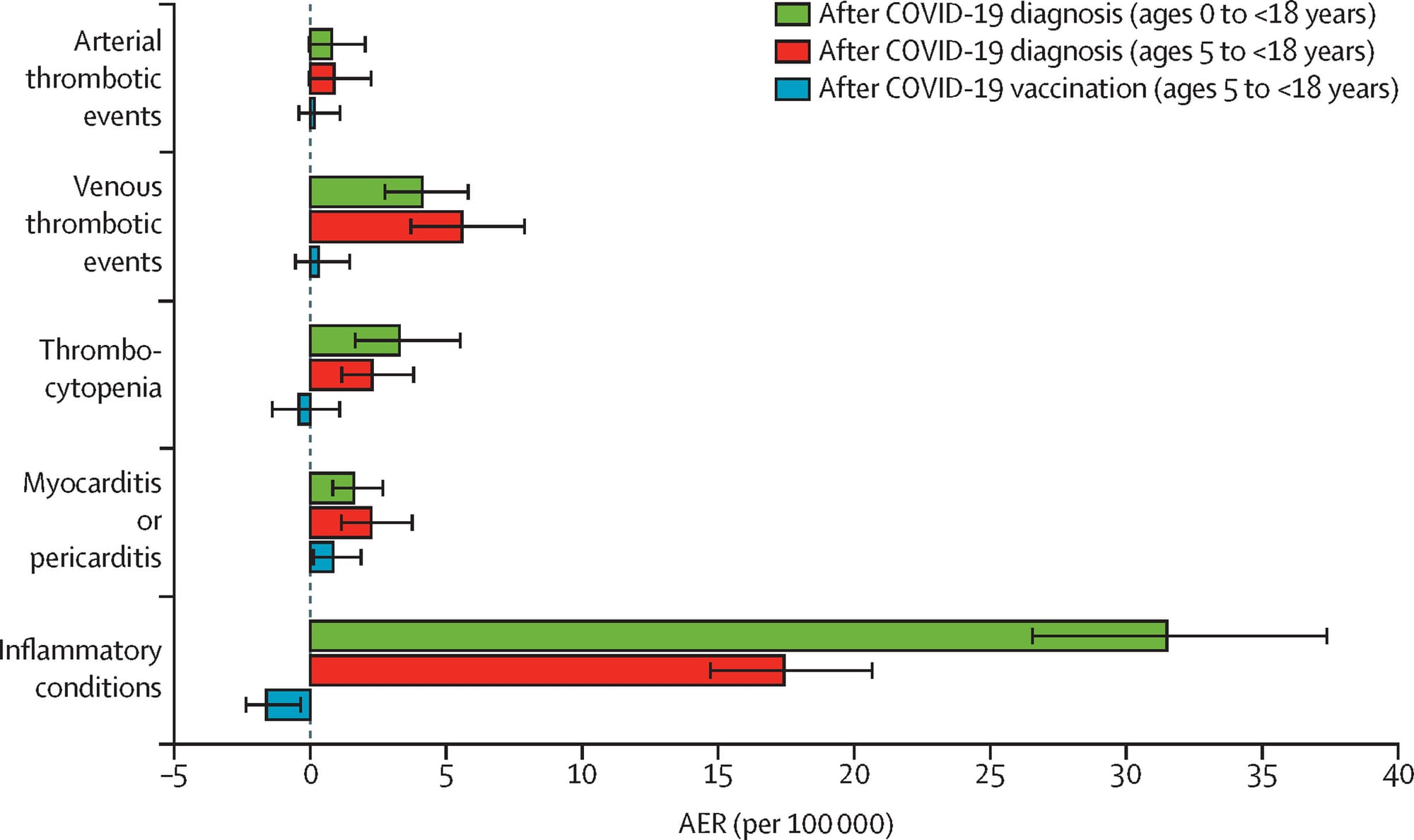
Europe’s beating cancer plan assessed
Launched with much fanfare in 2021, Europe’s Beating Cancer Plan (EBCP) is being evaluated by the Parliament, which is examining what lessons can be learnt and where the gaps lie.
An external analysis highlights the meaningful progress in areas such as expanding cancer screening programmes, but questions the complexity and short-term nature of EU funding mechanisms, calling for more sustainable, inclusive, and streamlined financial support. The poor implementation of prevention measures is also cited.
Romanian MEP Vlad Vasile-Voiculescu (Renew), who is the rapporteur on the implementation report, said that EBCP was not just a strategy but a test on whether the EU can turn ambition into tangible results.
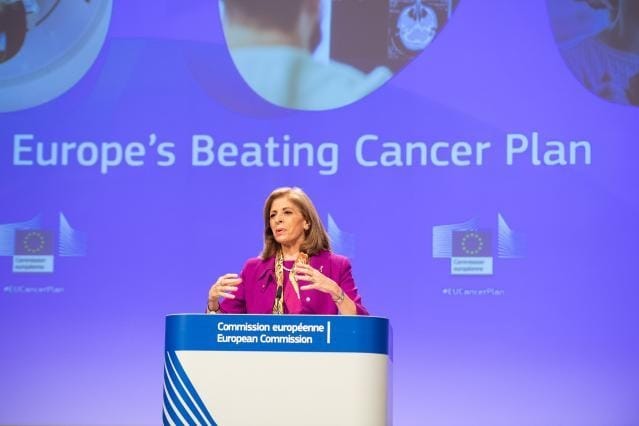
Yesterday’s newsletter was not published due to illness. Apologies to our loyal readers.
